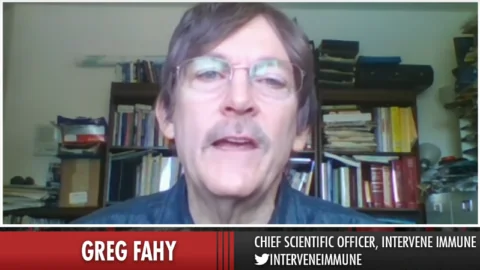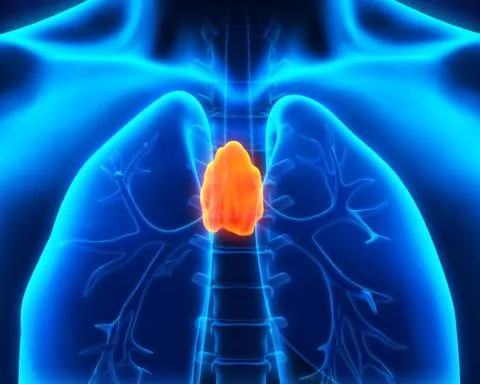Intervene Immune

Organization Description
The thymus gland is responsible for developing precursor cells from the bone marrow into T-cells, which are adaptive immune cells responsible for destroying cells infected by viruses or hijacked by cancer or senescence. As the human body ages, the thymus begins to atrophy, with functional thymic epithelial cells being replaced by adipose tissue and the gland as a whole shrinking. As a result, the thymus creates fewer new (naïve) T-cells that are ready to confront newly-encountered pathogens. This structural decay of the thymus is one of the reasons why we become increasingly vulnerable to infectious diseases and cancer with age.
Intervene Immune is working on regenerating the human thymus via growth factors, with the expectation that it will help rejuvenate the immune system. Scientific founder Dr. Greg Fahy has been interested in the rejuvenation of the thymus for decades, and in 2003 he reported a self-experiment based on animal research in which he treated himself with the combination of human growth hormone (hGH) and DHEA for one month.
Based on the cross-sectional area of gray-appearing thymic mass on MRI, his estimated total thymic functional volume rose from within the normal range for his age to more than three standard deviations above the mean.
Encouraged, Fahy conducted an uncontrolled pilot human trial in 2015 in an attempt to replicate his results. In addition to individually-dosed hGH and DHEA, the TRIIM trial administered metformin to all subjects to counteract insulin resistance resulting from hGH.Ten male subjects, aged 51–65, were enrolled for the one-year trial, with followup at month 18; one subject dropped out. In the nine completer subjects, there was an overall increase in the thymic fat-free fraction (TFFF), a decrease in potentially exhausted PD-1-positive CD8 T-cells, and significant increases in both naïve CD4 and CD8 T-cells and of the percentage of CD4 recent thymic emigrants, or RTEs. All of these were signs of improved thymic structure and function.
Additionally, subjects’ monocyte/macrophage counts also declined, resulting in an increase in their lymphocyte-to-monocyte ratio, which potentially reverses the general age-related trend toward a lymphoid-to-myeloid skew in immune cells. And subjects’ GrimAge epigenetic age clocks decreased by approximately two years during the one-year trial, for a net differential of nearly three years between onset age estimation and expected final age estimate, which persisted six months after the end of the trial.
Intervene Immune is currently running the TRIIM-X trial, a controlled and expanded pilot clinical trial testing the personalized combination therapy used in TRIIM against metformin and DHEA only, for thymus regeneration.
It is not clear whether Intervene Immune intends to become a for-profit enterprise or market its intervention somehow.



